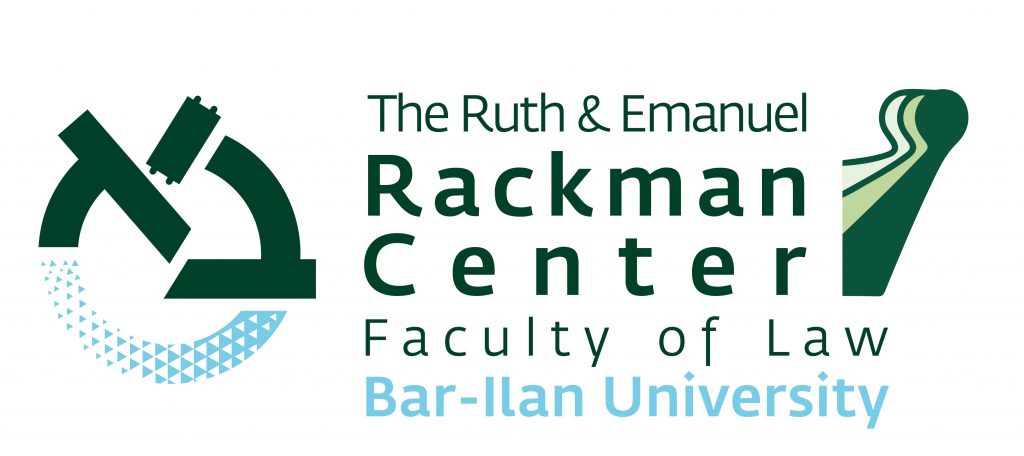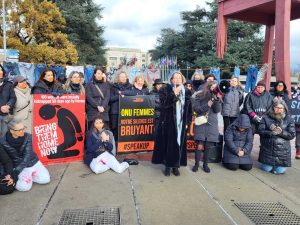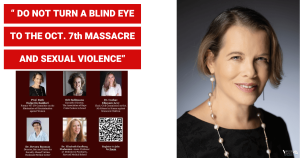The significance of yesterday’s decision of the Israeli Supreme Court composed of an unusual panel of nine Justices in a rare rehearing procedure initiated by the Rackman Center cannot be overestimated. The Court concluded that a woman’s right to half of the family’s home is a substantive proprietary right, regardless of the formal title, which may be registered on the husband’s name.
Accordingly, a substantive proprietary right cannot be revoked even if infidelity was involved in the dissolution of the marriage. The Supreme Court recognized that the woman’s right to half of the couple’s family home is formed throughout their joint lives and cannot be nullified retroactively. By this decision, the Court strongly defended the rights of the weaker spouse, who entered the marriage with less property, and whose contribution to the process of building a joint life and accumulating assets throughout the many years of marriage was indispensable.
Background
After 30 years of marriage, the husband petitioned for a divorce at the Rabbinic Court, together with a petition to divide the couple’s property. The Regional Rabbinic Court, in accordance with the legal precedents ruled by the Supreme Court (the “specific community property rule”), concluded that the wife is entitled to half of the family home that was registered under the husband’s name (as it was built on property belonging to him before the marriage) and where the couple lived throughout most of their married life. The husband appealed to the Grand Rabbinic Court arguing that the wife had committed adultery just before the end of their marriage (a claim that was denied by the wife) and, therefore, she is not eligible to receive her portion of the residential property. The appeal was accepted and the Grand Rabbinic Court concluded that because it was convinced that the wife was unfaithful and “based on this infidelity” she was not eligible to receive any part of the residential property. The wife turned to the Supreme Court, sitting as the High Court of Justice, requesting that it overturn the decision. The request was rejected by a majority of the judges.
The Rackman Center was of the opinion that this Supreme Court’s ruling contradicted previous legal precedents. Advocate Shai Zilberberg of the Center, together with Advocate Adi Raz and Advocate Eyal Menachem, submitted a request for a rehearing of the case. This is rarely accepted by the Supreme Court and, therefore, the conditions for a rehearing are rigid. Nevertheless, the Chief Justice of the Supreme Court agreed to hold the rehearing before a panel of nine judges.
The Rackman Center is thrilled to announce that the Supreme Court, in a 6-3 majority opinion, concluded that the Grand Rabbinic Court’s decision should be overturned. Thus, the wife is entitled to her portion of the residential property that she was stripped of by the Grand Rabbinic Court.
The Supreme Court concluded that the question of infidelity is irrelevant to the question of dividing property between a couple as it is entirely a civil matter. Therefore, it must be examined under the laws and precedents of civil law. This holds true both in the civil and religious court systems.
After arriving at this conclusion, the Supreme Court declared the decision of the Grand Rabbinic Court void as it was based on the question of adultery and ignored previous precedents set by the Supreme Court on the matter of dividing property.
Adv. Shai Zilberberg, The Rackman Center:
The Rabbinic Court system is increasingly combining the issue of adultery with the question of dividing joint property in divorce proceedings. Unfortunately, this has become more and more common. We hope that this Supreme Court’s decision will put an end to this concerning trend and will effectively clarify that the issue of adultery is in no way connected to civil matters, including matrimonial property division.
Prof. Ruth Halperin-Kaddari, Founding Academic Director of the Rackman Center:
The Supreme Court’s expanded panel’s decision in the rehearing, which changed its previous decision that approved the Grand Rabbinic Court’s decision, should be celebrated. This recent decision reinstates the Rabbinic Court’s duty to abide by civil law, human rights and the principles of gender equality in property matters.
Notwithstanding this positive and encouraging decision, the time has come to remove matters of property from the religious law system and from the Rabbinic Courts. As this case has shown and as we know from previous cases, it is practically impossible for the Rabbinical Courts to properly apply civil law because they are guided by clear contrasting ideological interests. It is unfathomable to expect any woman to endure ongoing legal proceedings in order to receive property that she is entitled to by law.





